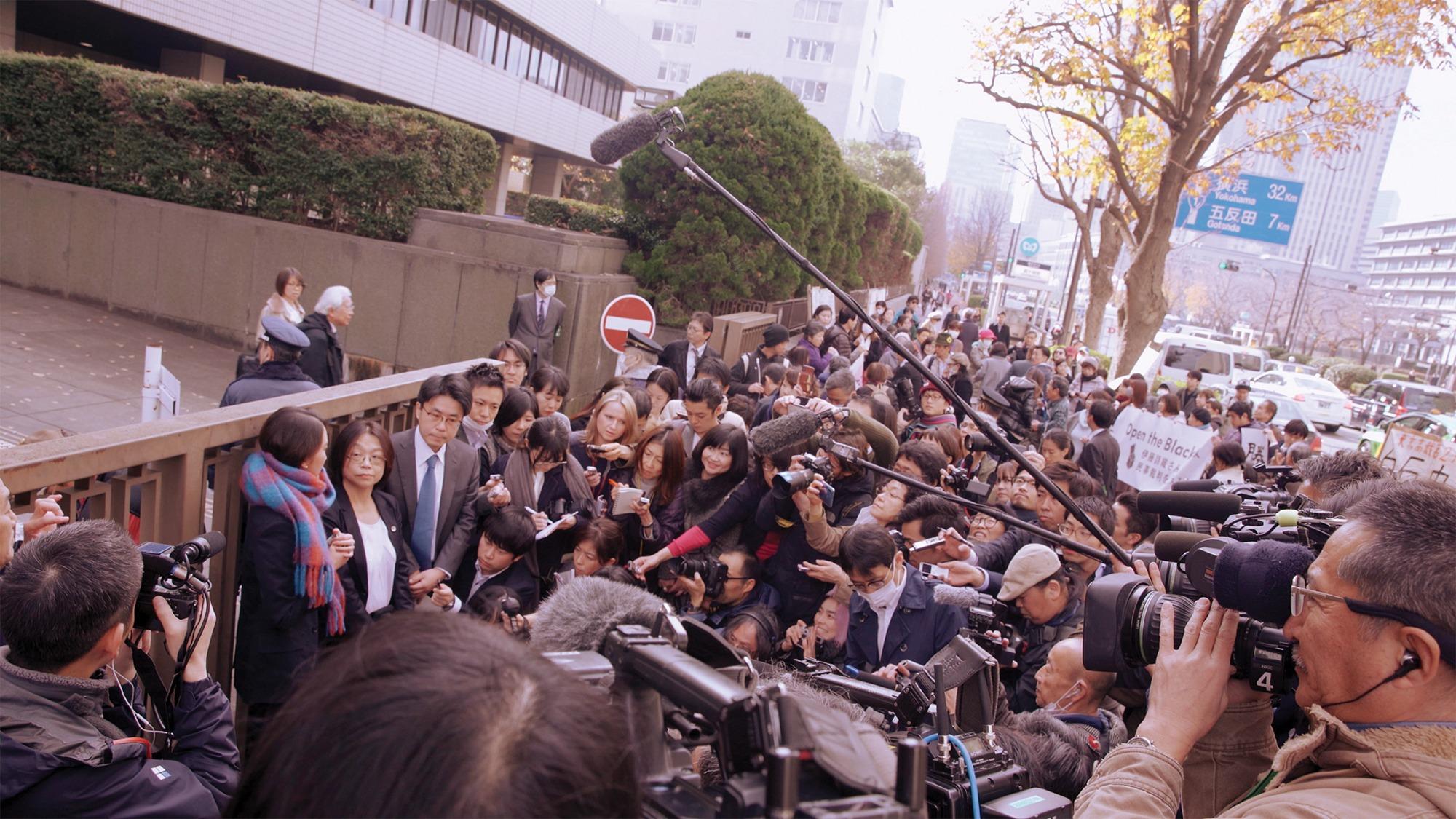 Black Box Diaries (2024), directed by Shiori Ito. (PROVIDED TO CHINA DAILY)
Black Box Diaries (2024), directed by Shiori Ito. (PROVIDED TO CHINA DAILY)
Though we’re more than halfway through the 48th Hong Kong International Film Festival, there’s still a chance to catch some of the entries on the festival’s expanding documentary program. In the decades since Robert Flaherty willfully blurred the line between fiction and reality in his Nanook of the North (1922), the documentary has never been more popular — thanks largely to Netflix and its bottomless supply of true crime mini-series and docudramas that have turned attention to the form.
As the world of streaming — where some of HKIFF’s titles will undoubtedly find homes — broadens exponentially, theatrical documentaries “are increasingly asking where the boundaries between documentary and drama are,” says HKIFF programmer Mimi Wong. She cites Valeria Sarmiento’s archive-based doc on the rediscovery and restoration of Raúl Ruiz’s 1973 satire Socialist Realism. The Pinochet-led military coup in Chile led to Ruiz fleeing his country, while his film got left behind on the editing table. Wong says Sarmiento’s restored 2023 version of the film is “half-documentary and half-drama, and when audiences see the film they’ll be wondering what’s real”.
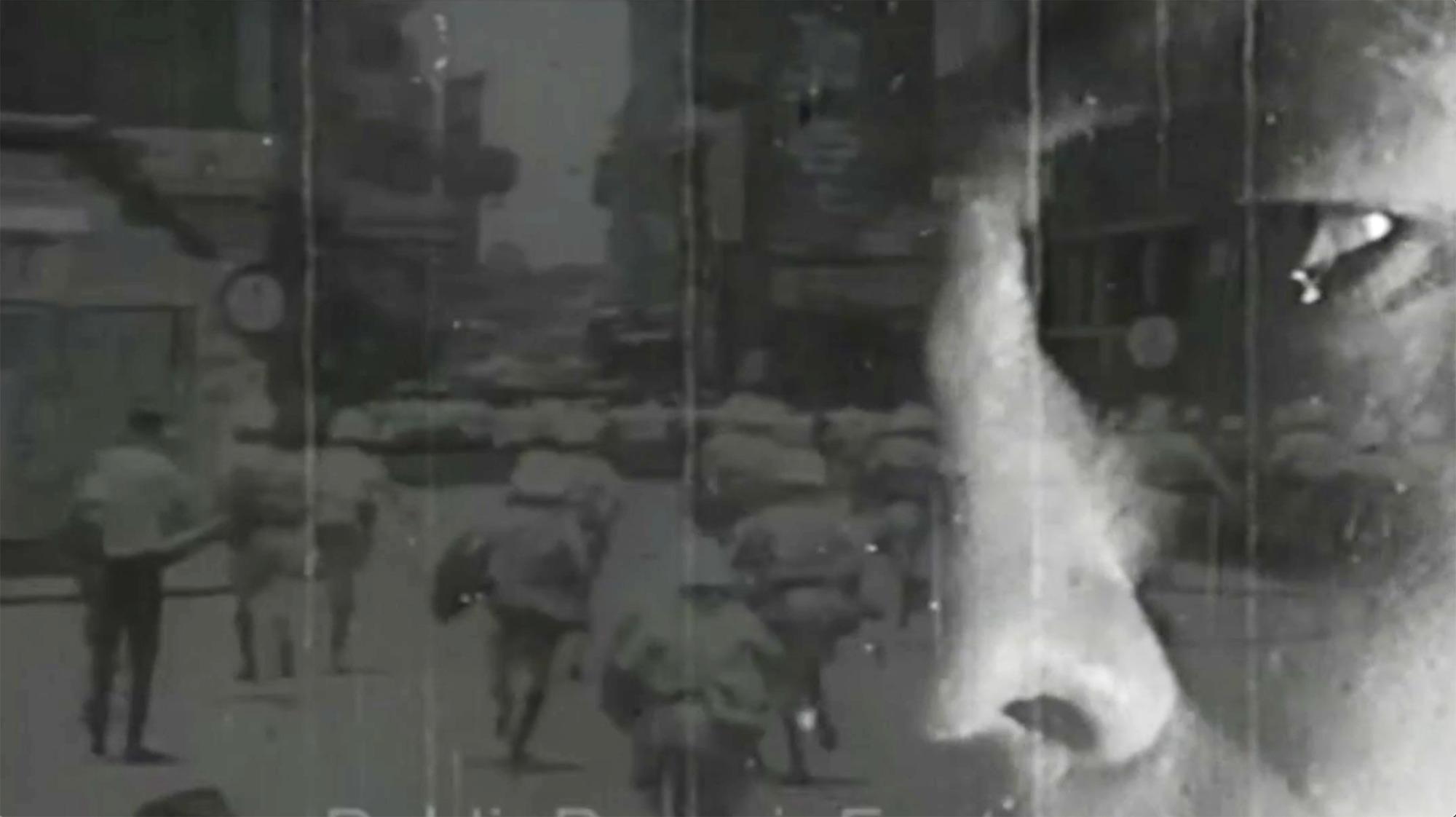 Cinema Strada (2024), directed by Donna Ong. (PROVIDED TO CHINA DAILY)
Cinema Strada (2024), directed by Donna Ong. (PROVIDED TO CHINA DAILY)
Wong’s co-programmer, Geoffrey Wong, notes that “there’s been an uptick in docs about war and correctness, and these are hot topics”. But then, he reminds us, that documentaries do not necessarily have to be about what’s trending.
The HKIFF has nearly two dozen docs in the lineup this year, ranging from “standard” documentary films to the formally experimental and personal self-examinations. Among the standouts are journalist Shiori Ito’s Black Box Diaries. In 2015, Ito was raped by a powerful and popular reporter, and the film tracks her search for justice. Black Box Diaries unfolds against the backdrop of the #MeToo movement beginning to gather momentum, and long-held attitudes toward sexual violence and harassment being re-examined.
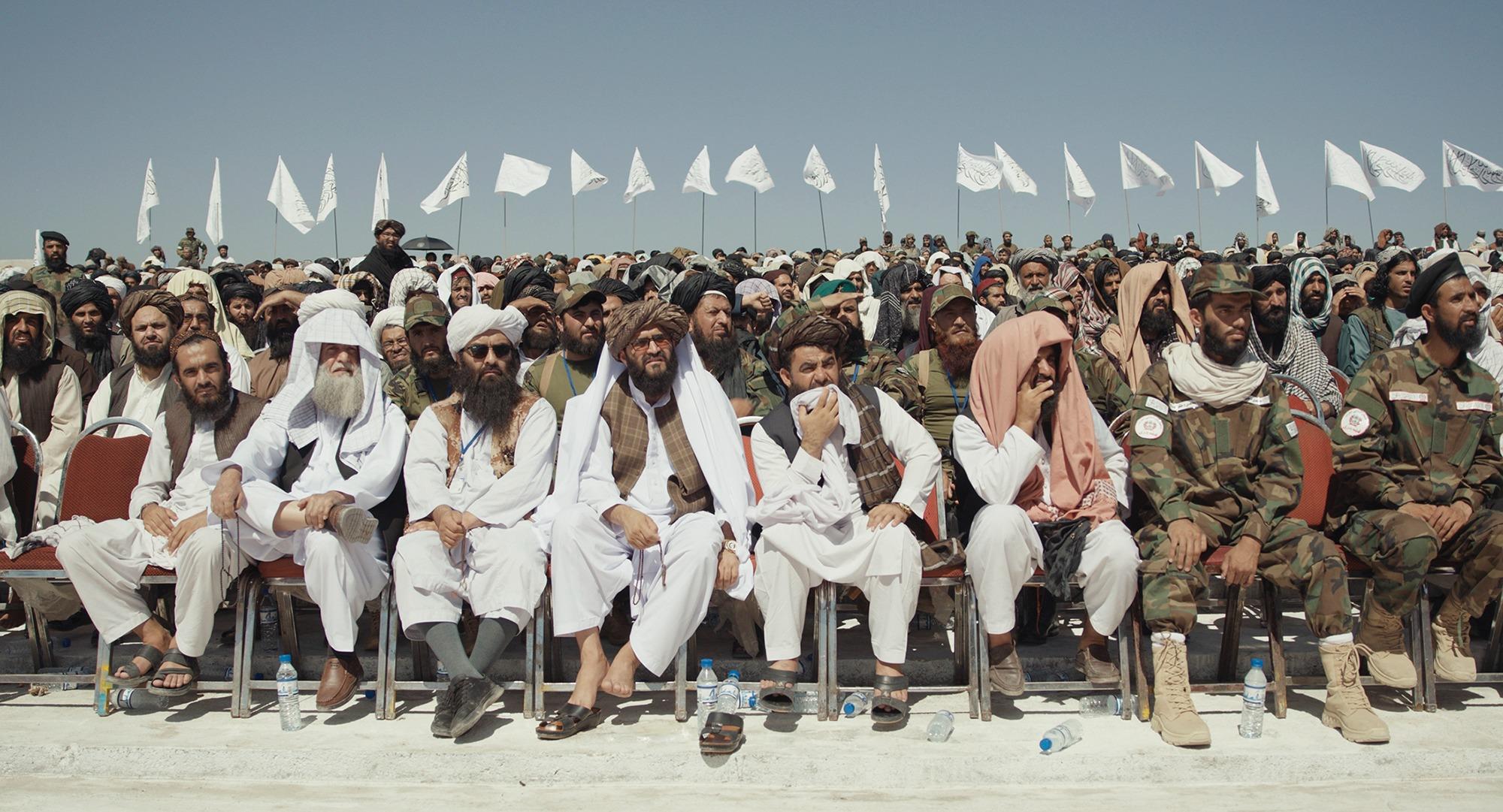 Hollywoodgate (2023), directed by Ibrahim Nash’at. (PROVIDED TO CHINA DAILY)
Hollywoodgate (2023), directed by Ibrahim Nash’at. (PROVIDED TO CHINA DAILY)
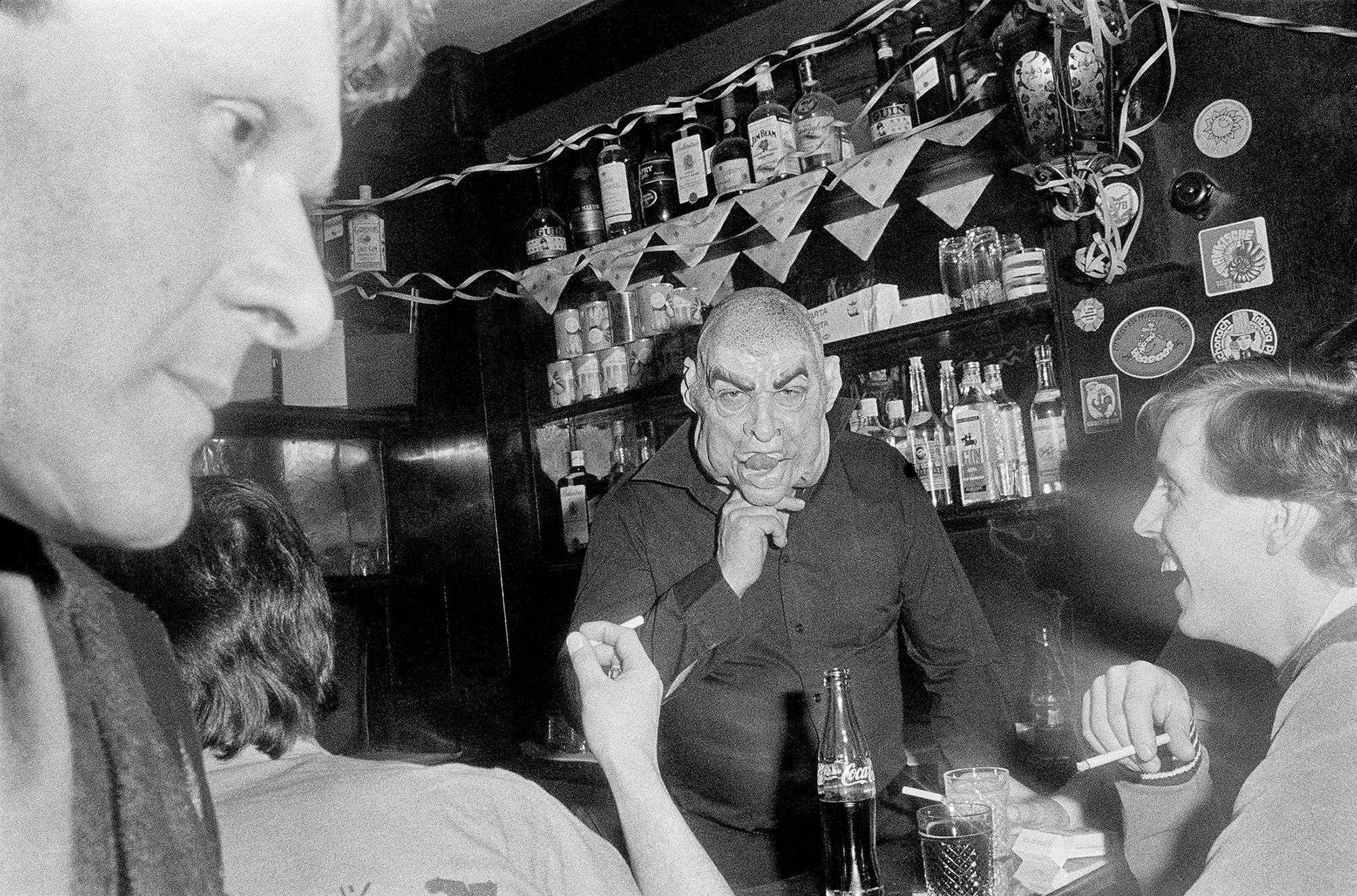 I’m Not Everything I Want to Be (2024), directed by Klára Tasovská. (PROVIDED TO CHINA DAILY)
I’m Not Everything I Want to Be (2024), directed by Klára Tasovská. (PROVIDED TO CHINA DAILY)
Equally feminist yet structurally opposed to Ito’s film is Klára Tasovská’s I’m Not Everything I Want to Be, in many ways a deeply personal and probing biography of Czech photographer Libuše Jarcovjáková. The film pulls away from the tradition of compiling archival materials. Instead, Jarcovjáková is shown reading from her diaries and reflecting on the Prague Spring of 1968, her life in West Germany, her self-image as a woman, and her search for identity.
In Moroccan filmmaker Asmae El Moudir’s The Mother of All Lies, identity comes with a price. In trying to re-create the Casablanca neighborhood of her youth, she uncovers buried traumas and a conspiracy of silence that upends her family and national history. Ibrahim Nash’at’s Hollywoodgate, on the other hand, addresses a concern that’s more immediate in his chronicle of the 2021 transfer of power in Afghanistan. The film shadows Air Force commander Mawlawi Mansour with unprecedented access, resulting in a chilling portrait of authoritarian rule.
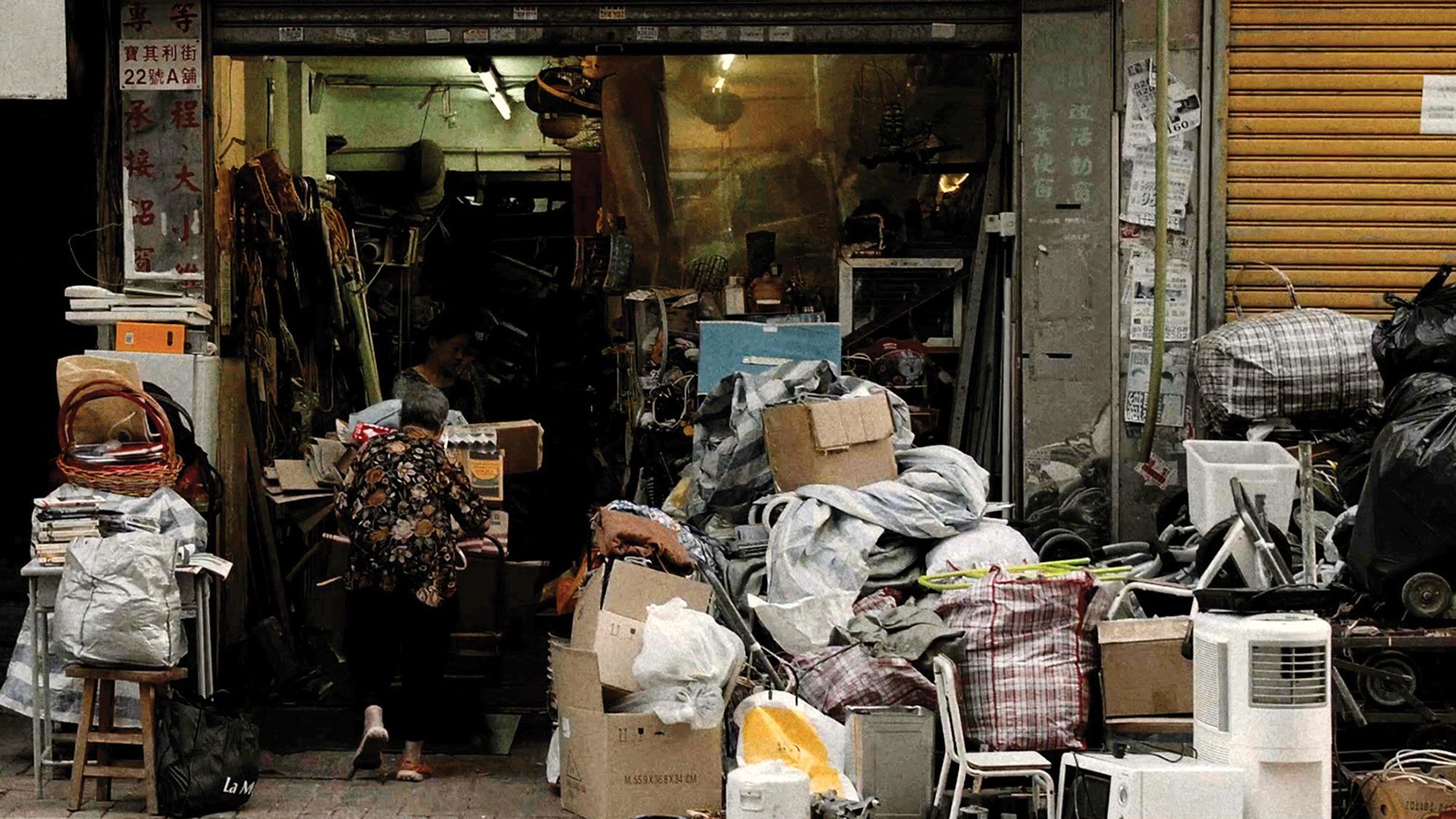 Obedience (2024), directed by Wong Siu-pong. (PROVIDED TO CHINA DAILY)
Obedience (2024), directed by Wong Siu-pong. (PROVIDED TO CHINA DAILY)
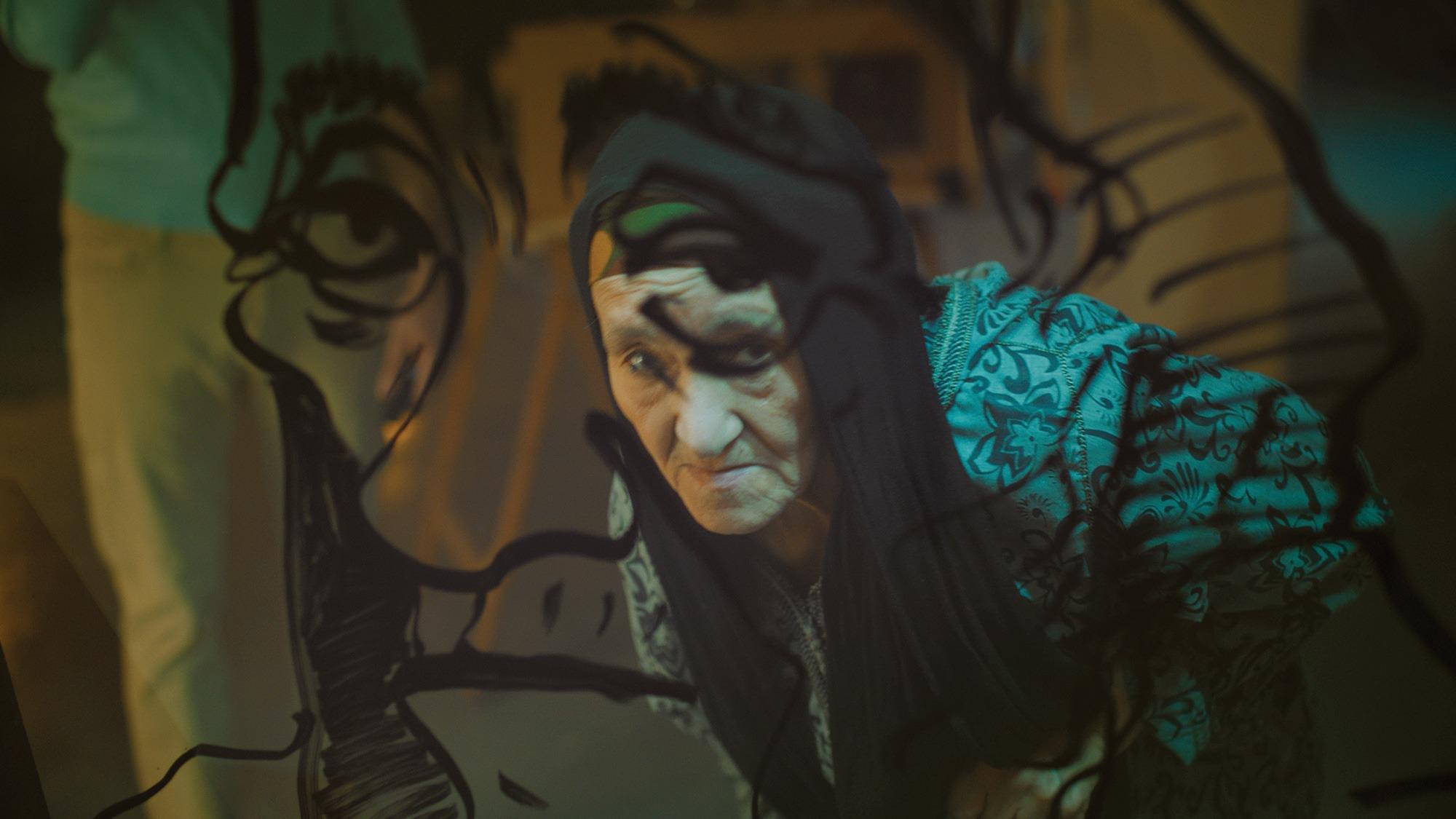 The Mother of All Lies (2023), directed by Asmae El Moudir. (PROVIDED TO CHINA DAILY)
The Mother of All Lies (2023), directed by Asmae El Moudir. (PROVIDED TO CHINA DAILY)
Closer to home, directors Donna Ong and Wong Siu-pong couldn’t be farther apart stylistically, but each reveals a slice of Hong Kong life frequently overlooked. In Ong’s Cinema Strada, viewers are invited to take a look back at the city’s cinema culture — or the lack of it — in the ’60s and how critic, curator, researcher and filmmaker Law Kar almost singlehandedly changed that. Uncle Kar, as he’s known, ruminates on the past 80 years of Hong Kong movies and suggests how they could help alleviate stress.
Wong’s Obedience peels back the layers on Hung Hom, one of Hong Kong’s most complex neighborhoods. Rich and poor, sparkling towers and grimy alleys, the living and the dead butt up against each other in Wong’s five-year document of a fast-changing urban jungle.


